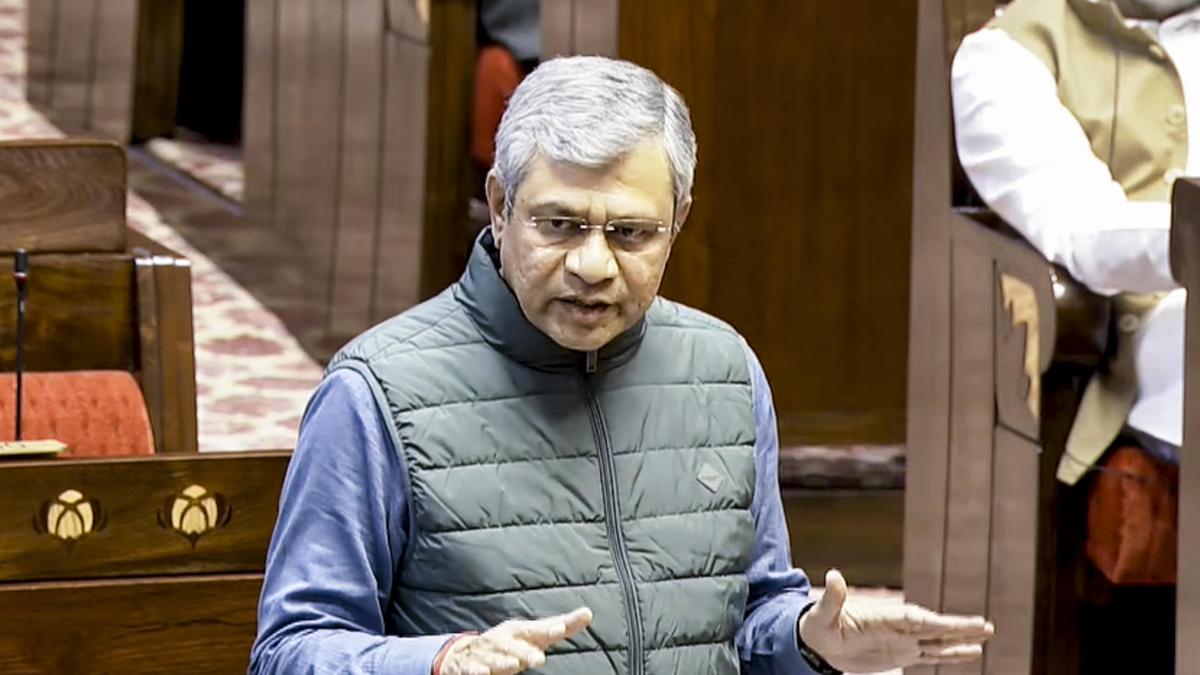ISLAMABAD:
Pakistan’s economic managers have stressed that government guarantee should be phased out to ensure that the Pakistan Skill Impact Bond become self-sustaining and move towards a public-private partnership model.
The matter was taken up in a recent meeting of the Economic Coordination Committee (ECC) while considering a Rs1 billion government guarantee for floating the Pakistan Skill Impact Bond.
During discussion, the committee said that a proposed steering committee should monitor the overall process of issuing the bond. Once the bond was floated, it could be listed, since there was already a provision for that.
The Ministry of Federal Education and Professional Training briefed the meeting that the National Vocational and Technical Training Commission (NAVTTC), established in 2006, was mandated to spearhead the technical and vocational training programme by providing necessary support to the federating units for producing a market-driven workforce. The aim was not only to meet the industrial and self-employment needs but also export the trained manpower to the region and beyond. The Skill Impact Bond is a strategic solution designed to attract private capital for the Technical and Vocational Education and Training (TVET) sector, easing the financial burden on the government. It is expected to contribute significantly to national development by creating a skilled workforce that enhances productivity, reduces unemployment and promotes inclusive and sustainable economic growth.
Considering the fast-changing technological landscape and the need to spur economic growth, the Federal Education and Professional Training Division told the ECC that it was imperative that NAVTTC mobilise additional resources to produce quality human resources by employing global best practices in cooperation with development actors, thereby reducing dependence on public funding.
Countries such as the UK, India, Vietnam and Turkey have also floated Skill Impact Bonds. For instance, India has attracted more than $600 million in foreign investment through these bonds in the education and public health sectors.
The division emphasised that the Skill Impact Bond marked a significant shift from the traditional funding models, transitioning from supply-driven training to demand-driven requirements and from input-based to outcome-based approaches. Risk investors will provide initial capital and receive returns based on the achievement of pre-determined, measurable social outcomes.
The division further said that in the pilot phase NAVTTC, with the assistance of a bank (risk investor), planned to issue the Skill Impact Bond worth Rs1 billion, backed by the government guarantee. Following evaluation on September 4, 2024, The Bank of Punjab was selected as the risk investor, subject to the ECC’s approval.
It was highlighted that the apex committee of the Special Investment Facilitation Council (SIFC) had already approved the sovereign guarantee in its meeting held on February 7, 2024. The proposal for introducing the bond for sustainable skill development and vocational training was also endorsed by the Finance Division. A summary was submitted to the ECC on December 18, 2024, but the committee deferred its decision and directed the Ministry of Federal Education to develop a comprehensive business plan covering all aspects, including the syndication strategy, cash flow and commercial market elements. In compliance, a robust business plan was prepared along with a financial model.






